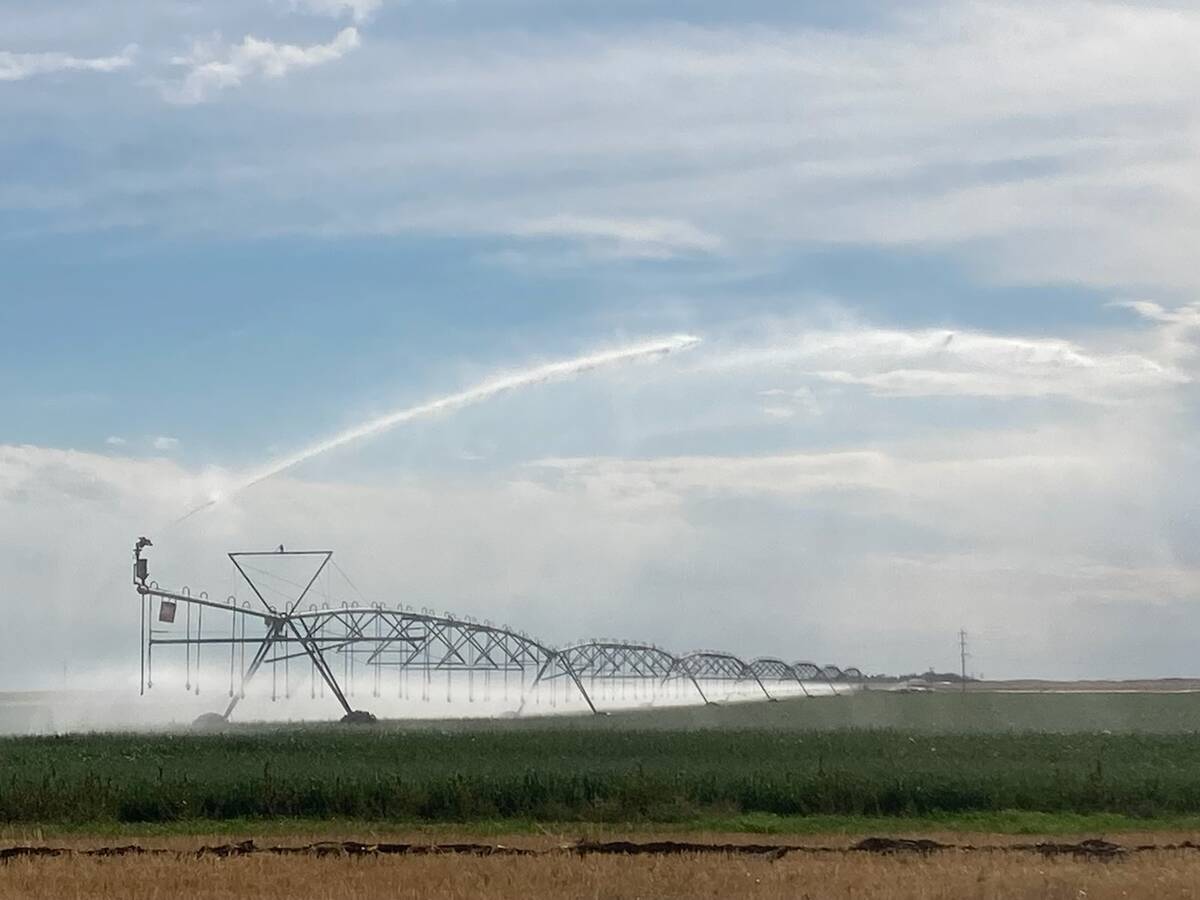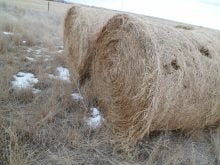Western Canadian farmers are going to be paid some of the money for their 1993 wheat, durum and barley crop a little earlier than usual.
The Canadian Wheat Board announced adjustments to initial payments of $11 per tonne (30 cents per bushel) for all grades of wheat; $22 per tonne (59 cents per bushel) for durum and $10 per tonne (22 cents per bushel) for barley and designated barley.
The board said cheques will be mailed Dec. 2
That brings adjusted initial payments to $181 per tonne for 1CW, 13.5 percent protein wheat (basis in-store, Thunder Bay or Vancouver), still well under the $194 per tonne the board forecast in its September estimated pool return.
Read Also

VIDEO: Potato video highlights importance of water conservation
Potato Growers of Alberta release the third of a five-part video series, highlighting the potato industry’s efficient use of water to tend to their acres producing the high-value crop during drought conditions.
While it’s not so unusual for the board to recommend that initial payments be topped up, it is a little out of the ordinary that an interim payment be approved so close to January final payments.
Board information officer Patty Rosher said the 1993-94 pools accounts were actually closed at the end of October, but the wheat board act prevents final payments from being made until January.
But nothing prevents the board from recommending interim payments.
In fact, it’s been done regularly during the life of the 1993-94 pool. Including this latest payment, wheat has received four interim payments, while barley and durum have each received two payments.
Most of the interim payments have been modest at $10 to $15 per tonne, but a couple were anything but – $58 per tonne last January for 14.5 percent wheat and $60 for 13.0 percent durum.
Even the lower grades – which affect more farmers since this is the 1993 crop – have some room for a final payment. The board’s estimated pool return on 3CW wheat is $143 per tonne, while this latest interim payment boosts initial prices to $126.
Rosher said there’s still some head room for a final payment -maybe in the range of $10 – come January.
Even though the tradition has been to make large final payments, Rosher said current thinking at the board says it’s better to get farmers’ money back to farmers’ hands faster.
In fact, Rosher said the board is doing a low-key poll, soliciting farmers’ opinions on ways it can be more responsive. Closing the pools earlier and getting a final payment out sooner is just one of those ways, Rosher said.
“It’s safe to say there will be a change in the timing of the final payment.”














